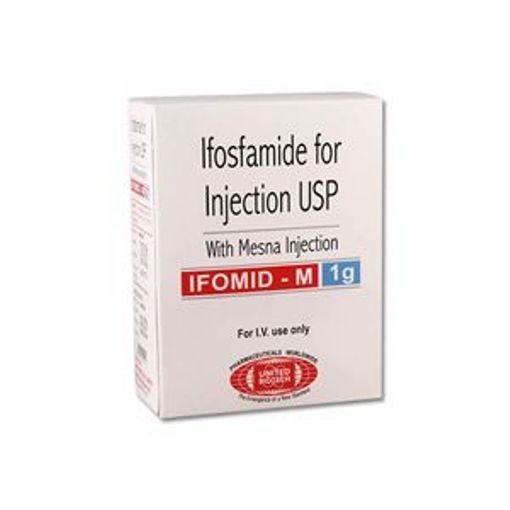Enfiera 500 is a brand name for Rituximab, a chimeric monoclonal antibody that targets the CD20 antigen on the surface of B cells. It is used to treat certain types of non-Hodgkin lymphoma (NHL) and other B-cell disorders.
Composition:
Each 500mg injection of Enfiera 500 Rituximab 500mg contains rituximab, a chimeric monoclonal antibody that targets the CD20 antigen on B cells.
Mechanism of Action: Rituximab works by binding to the CD20 antigen on B cells, leading to their destruction through a process called antibody-dependent cellular cytotoxicity (ADCC).
Use: Enfiera 500 is used to treat:
- Granulomatosis with polyangiitis (GPA) and microscopic polyangiitis (MPA) in combination with glucocorticoids.
- Non-Hodgkin lymphoma (NHL) in combination with chemotherapy.
Dosage: The recommended dosage of Enfiera 500 is:
- Granulomatosis with polyangiitis (GPA) and microscopic polyangiitis (MPA): 500 mg as an intravenous infusion.
- Non-Hodgkin lymphoma (NHL): 500 mg as an intravenous infusion.
Side Effects: Common side effects of Enfiera 500 include:
- Infusion-related reactions
- Fatigue
- Headache
- Fever
- Chills
- Nausea
- Vomiting
- Diarrhea
- Rash
- Hypersensitivity reactions
Recommendation: Enfiera 500 should be administered under the guidance of an experienced healthcare provider, usually an oncologist or hematologist. Patients should be monitored for signs of infusion-related reactions or other side effects.
Important Note:
- Enfiera 500 may cause severe allergic reactions, including anaphylaxis.
- Patients with a history of severe allergic reactions or those who are taking immunosuppressive medications should be cautious when using Enfiera 500.
- Women of childbearing potential should avoid pregnancy during treatment with Enfiera 500 due to the risk of fetal harm.
- Patients with pre-existing kidney disease should be monitored closely during treatment with Enfiera 500 due to the risk of renal toxicity.
It’s important to note that this information is intended to serve as a general overview of Enfiera 500 and its uses, and should not be considered a substitute for medical advice from a qualified healthcare provider or oncologist.




Reviews
There are no reviews yet.